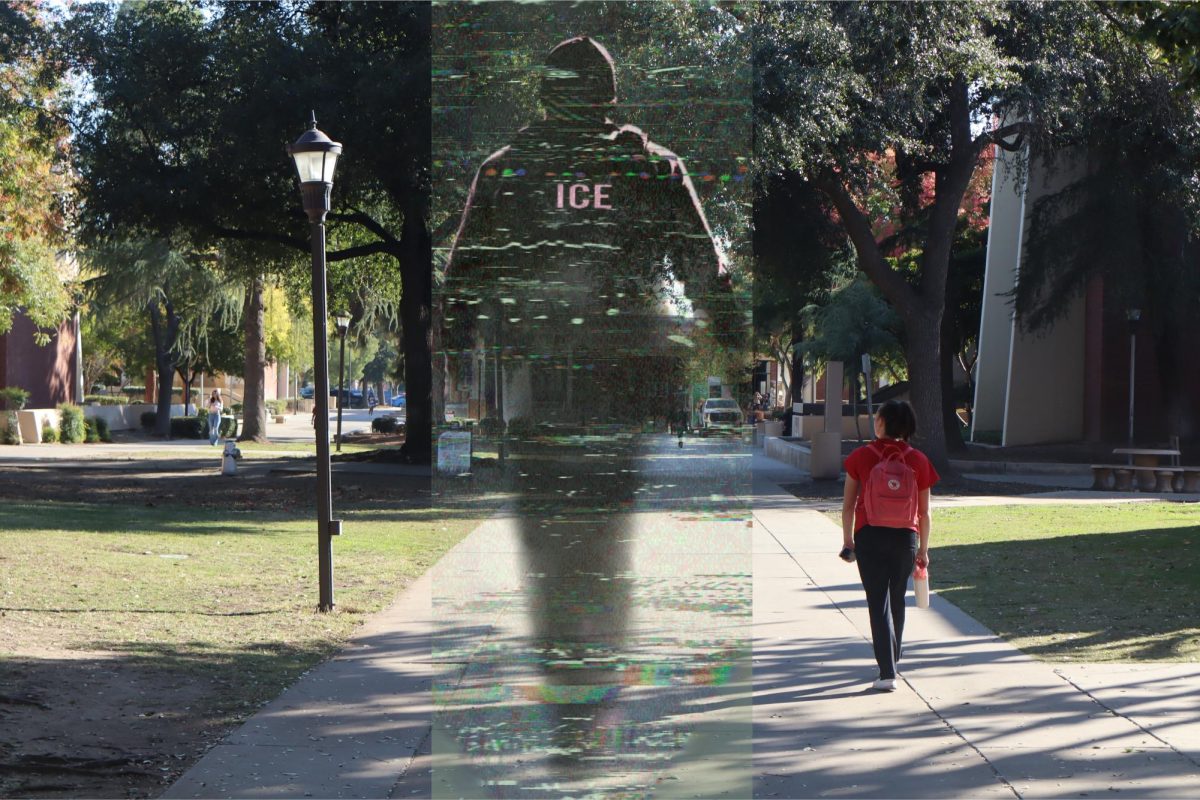Fresno City College’s Associated Student Government passed an amendment to its financial code on March 6, allowing members of the student government to receive reimbursements for expenses incurred while advocating on behalf of students or performing their duties as student officers.
The unanimous approval of the reimbursement amendment comes after a month of discussion inside the ASG Senate over the costs incurred by the unpaid officers.
The new process, established by the amendment, will have all reimbursement requests flow to the Executive Vice President, who will determine whether the expense is “associated with advocacy” or “incurred in the performance of duties.”
Both types of expenses have a cap, with advocacy expenses being capped at $100 and duty-related expenses capped at $50.
The changes to the financial code places a heavier burden on the student representative fee, which is directly funded by students. That representative fee will cover the advocacy expenses, whereas the student government’s general fund will cover the expenses related to officer’s performance of duties.
The measure, when first introduced by student trustee Chris Coronado, prompted Senator Gloria Dominguez and ASG President Cindy Quiralte to discuss the reimbursement of semester-long parking permits.
Currently, staff and students, including Fresno City College interim president Tony Cantu, pay the current fee for a parking permit. Members of the ASG Executive Board are currently able to purchase staff parking permits, which run the same price as student permits.
While the amendment doesn’t exclude parking permits from being a reimbursable expense, Coronado said that such a proposal to reimburse the cost of parking permits would be made through a Senate bill.
According to the amendment text, reimbursable costs can be incurred only “while in the performance of duties.”
The amendment does not specify what qualifies as a “performance of duty,” leaving the Executive Vice President to decide whether the expense was associated with advocacy or other duty-related activities.
When asked about the ambiguity of the amendment in regards to what qualifies as “advocacy” and the number of different expenses being presented to the student government, Coronado said that “things are always going to come up.”
He then later iterated that the duties that would qualify for reimbursement were spelled out in the student government’s constitution.
Coronado said that an acceptable expense reimbursement would be if the Executive Vice President, who is responsible for financial and budgetary matters, filed for a reimbursement for expenses incurred while attending a budgeting conference.
The problem: the Executive Vice President’s duties don’t include attending conferences. Even worse, the Executive Vice President is responsible for evaluating the expenses that officers are seeking to be reimbursed, likely causing a conflict of interest.
Now approved, the reimbursement process begins with an ASG officer filing for reimbursement with the Executive Vice President within 30 days of incurring the expense and with documentation. The Executive Vice President would then have 10 days to process the request and present it to the student Senate. An agenda item for the reimbursement would be added to the consent agenda, discussed and approved or rejected.
The bottom line and intent of the amendment in a single stipulation, that “participatory government” shall not be contingent upon economic ability.”
Quiralte echoed that stipulation, adding that the expense reimbursement is “meant to support student advocacy.”






